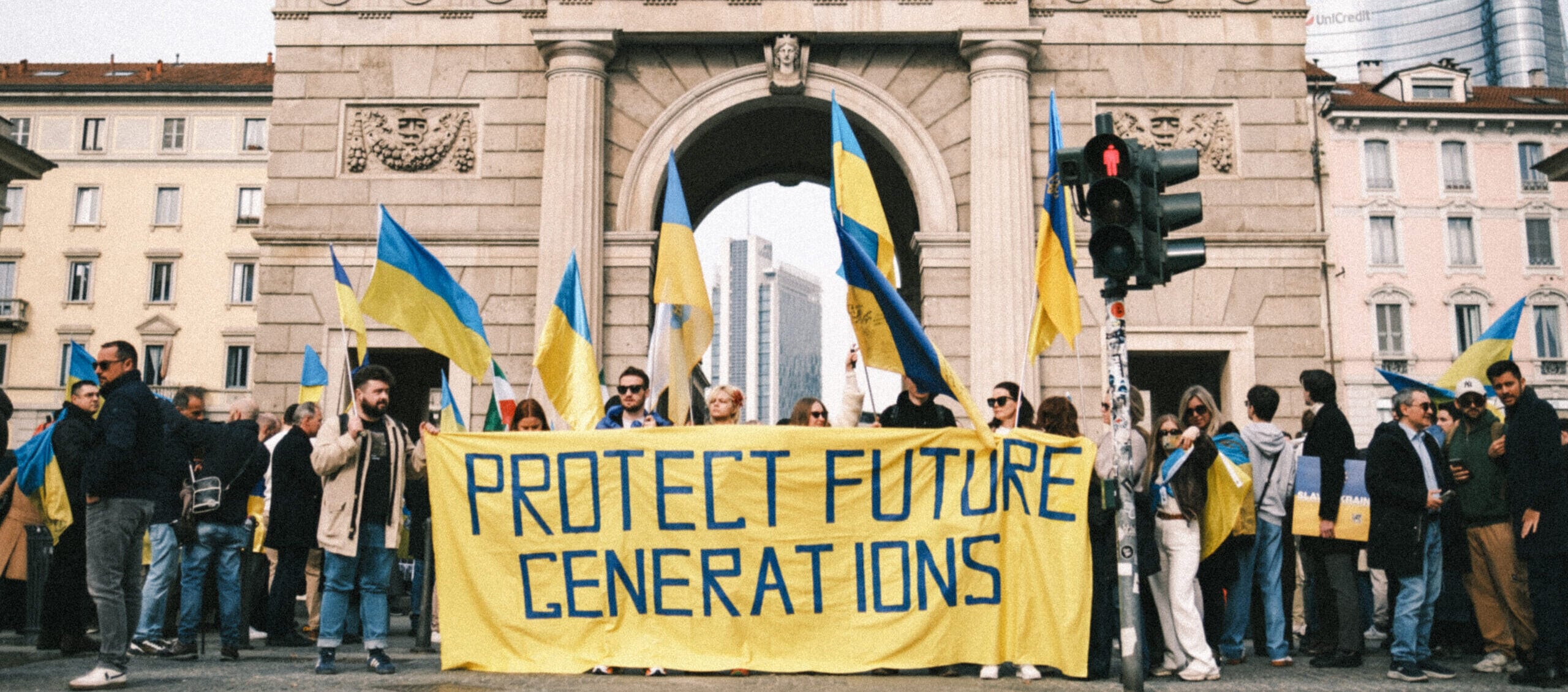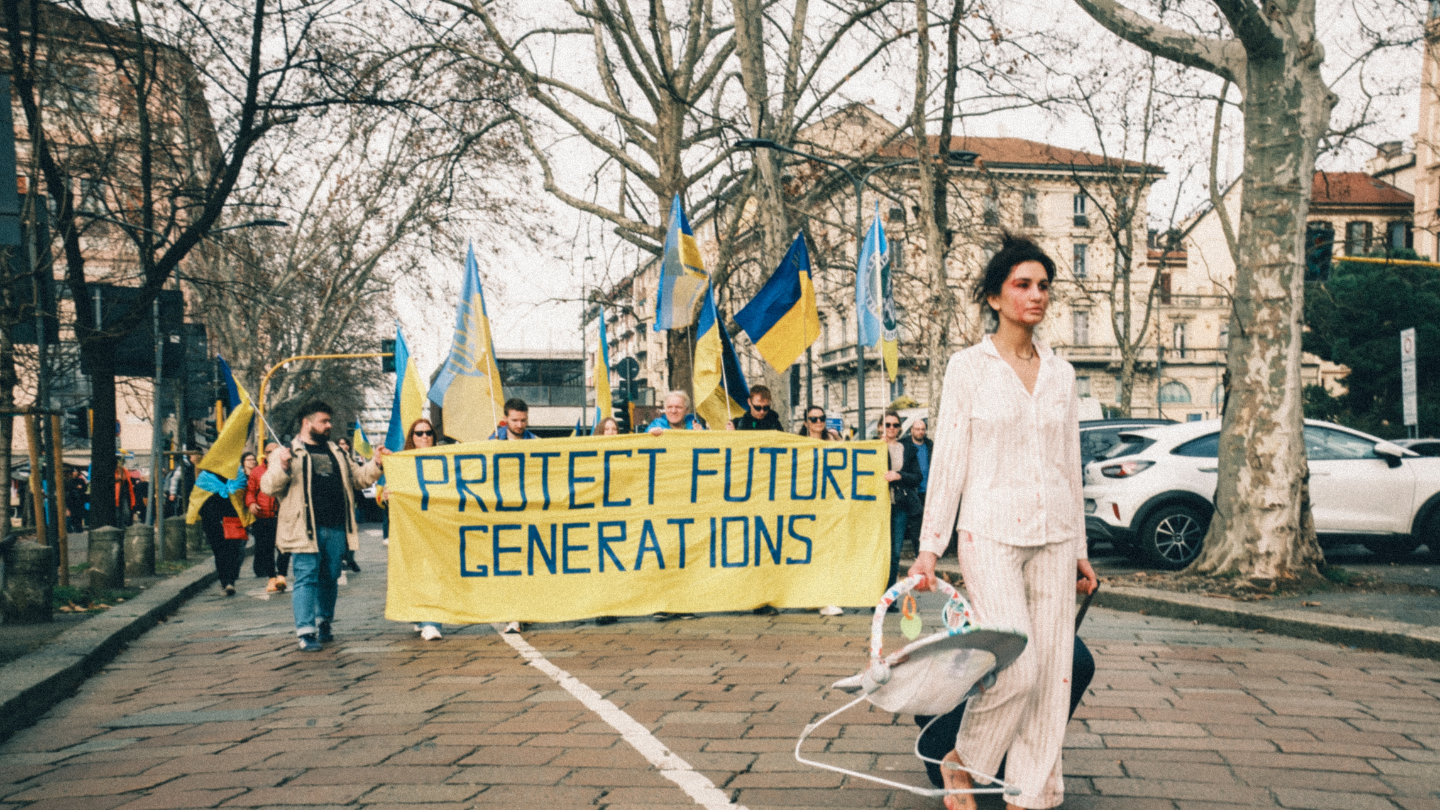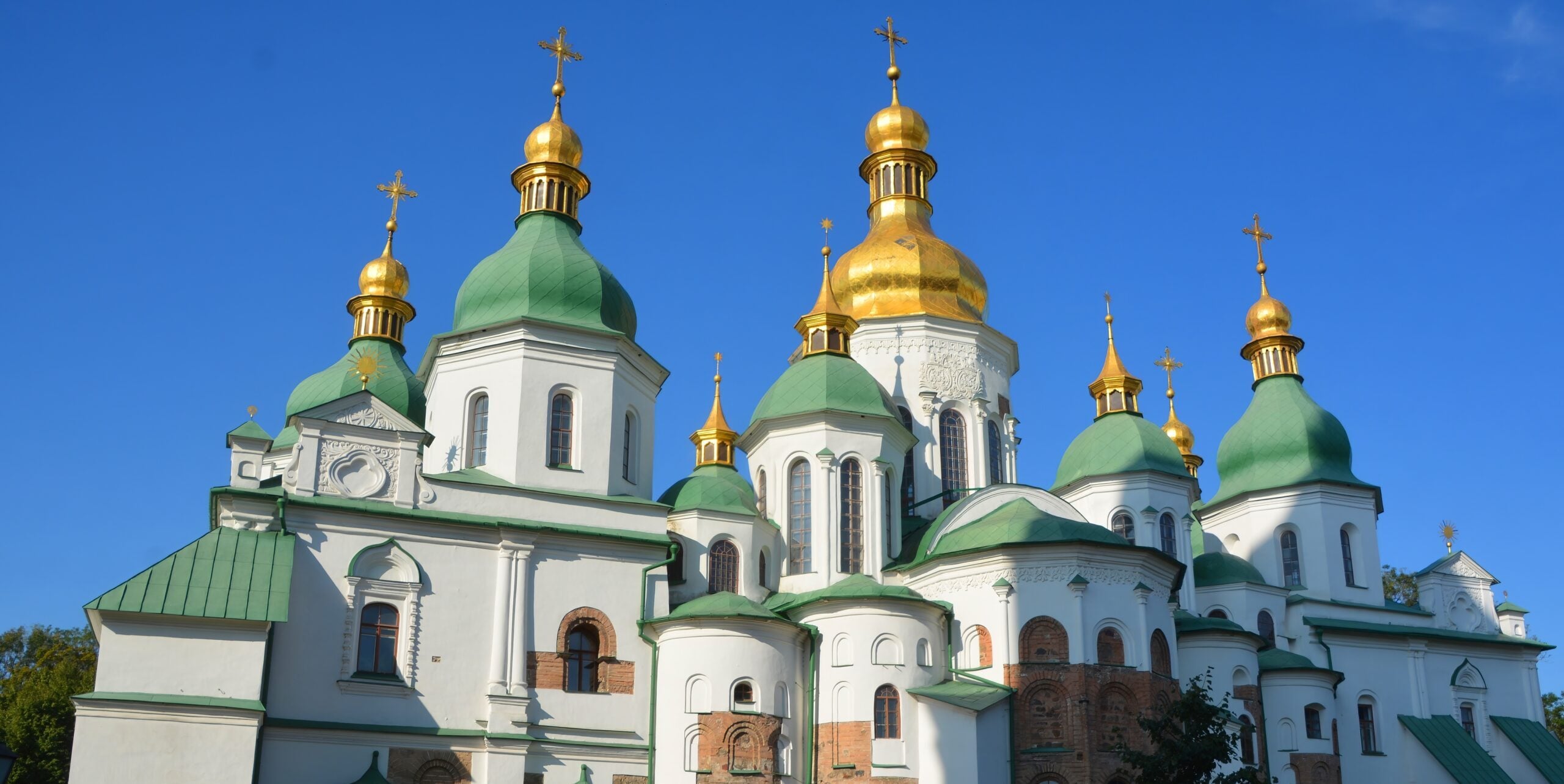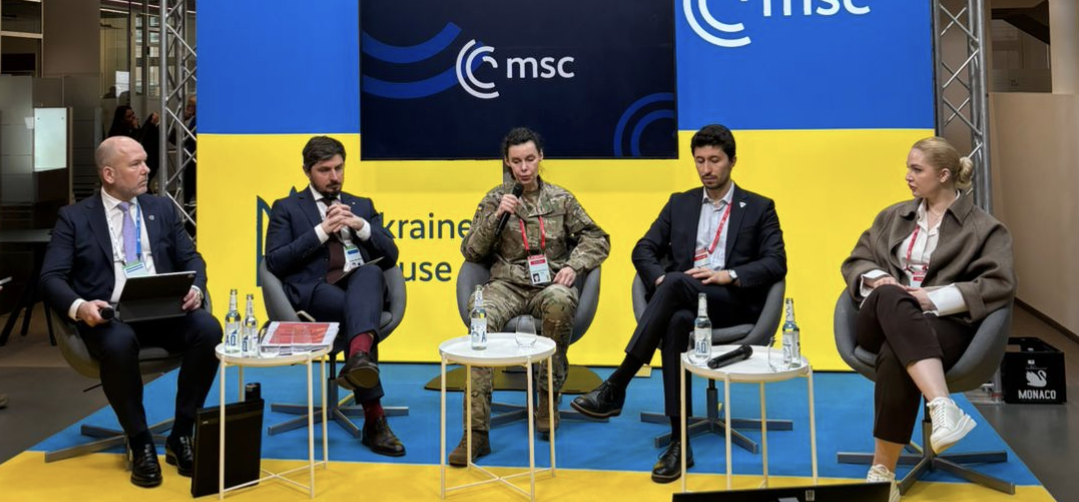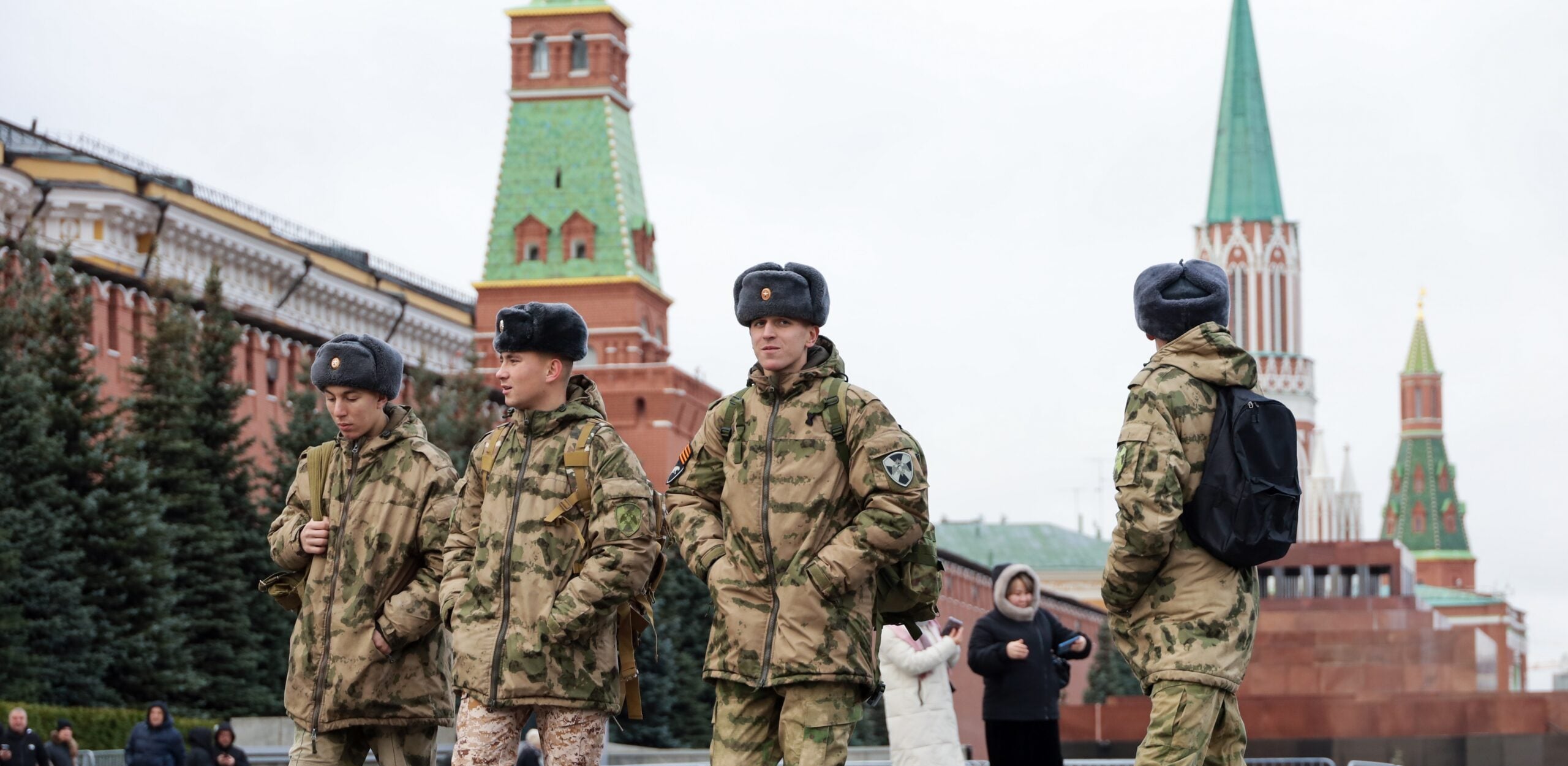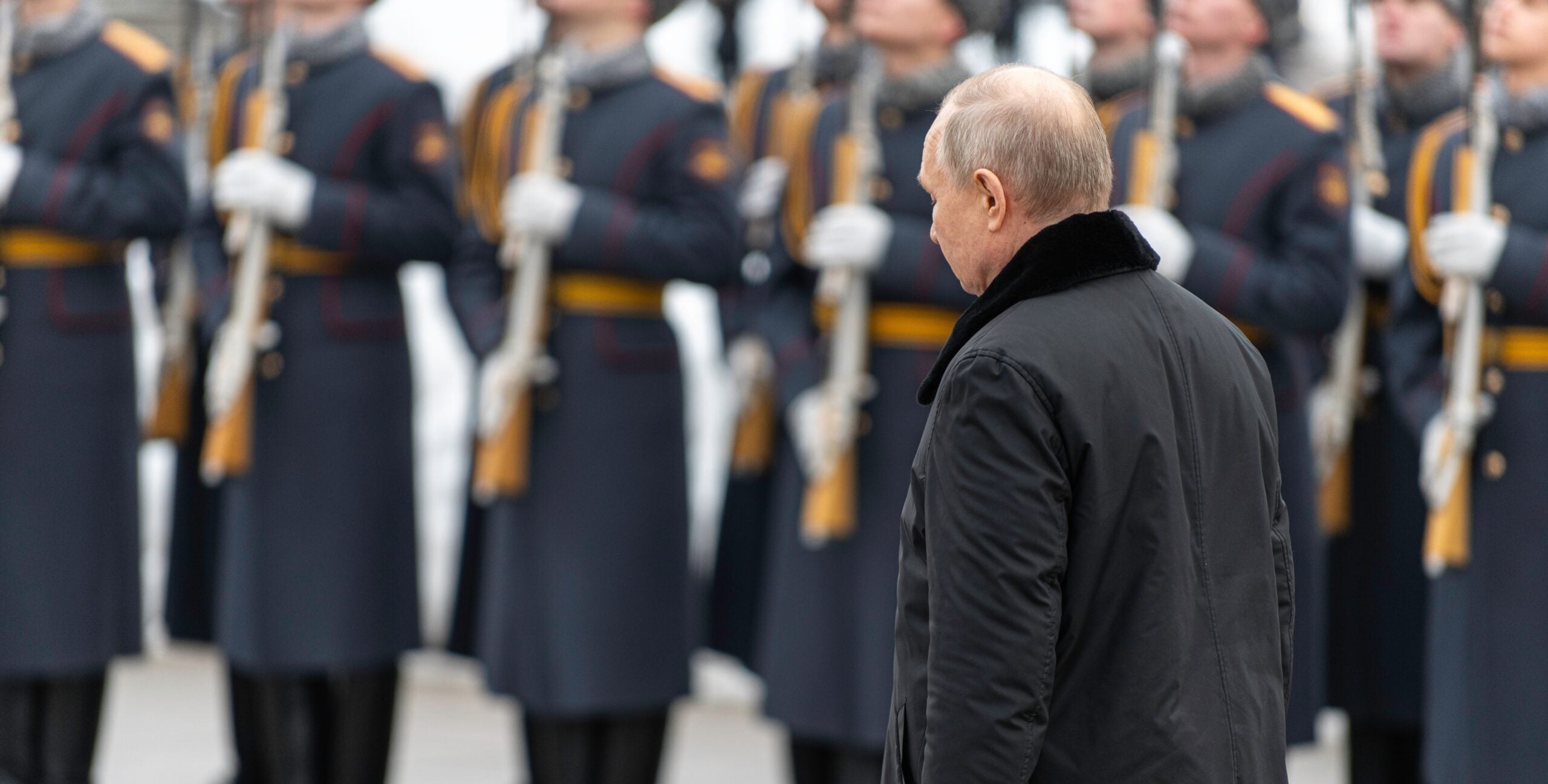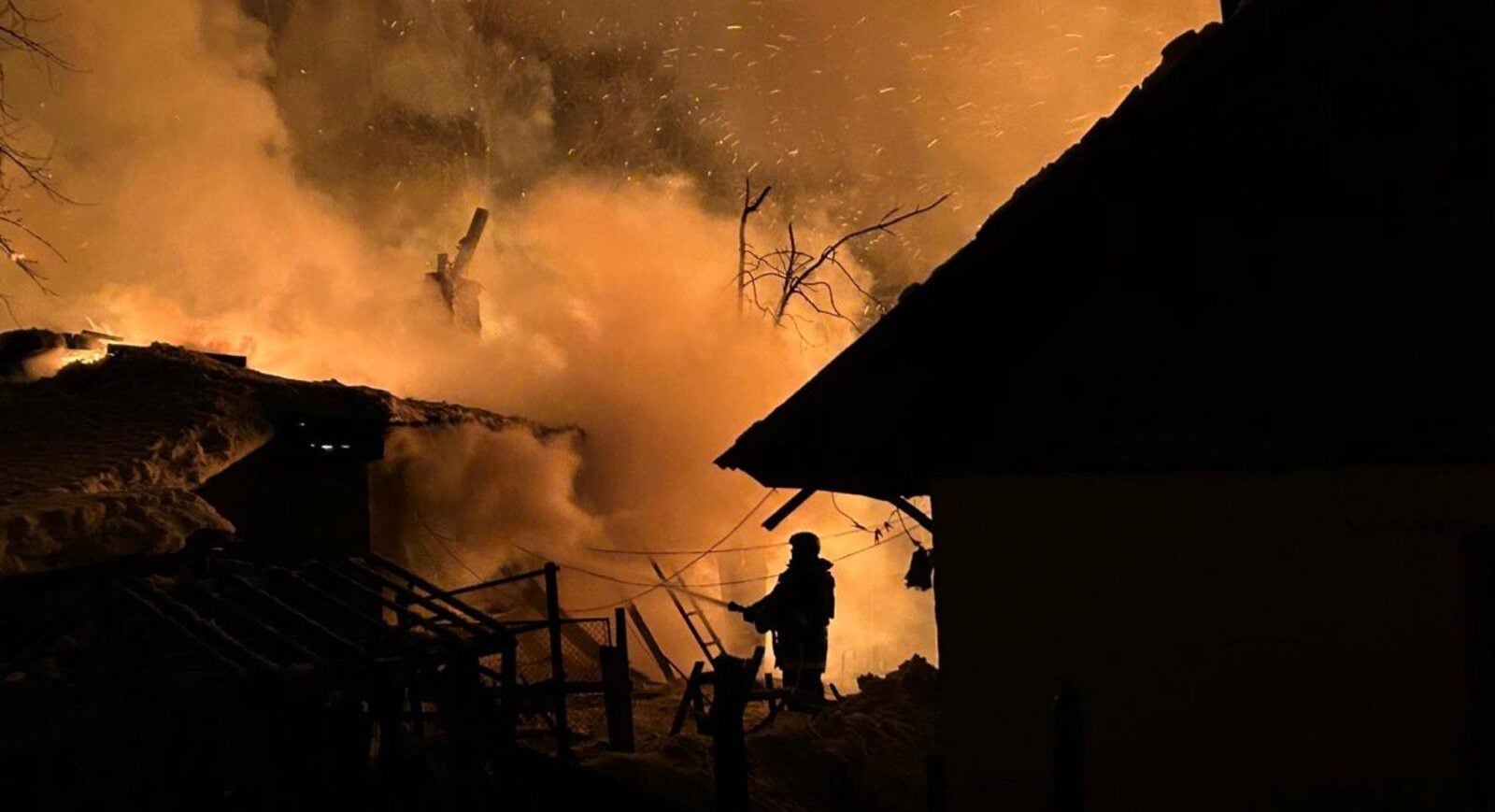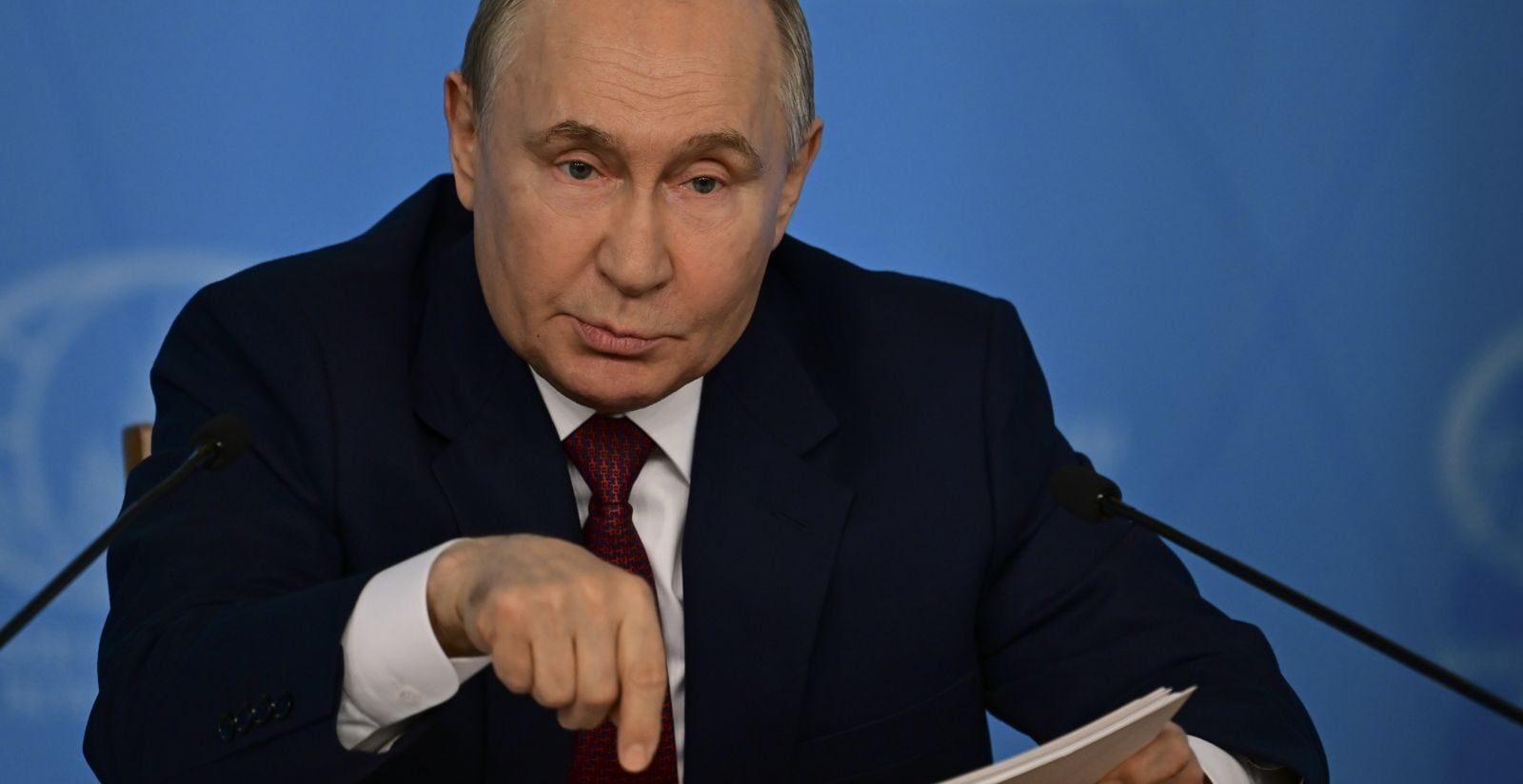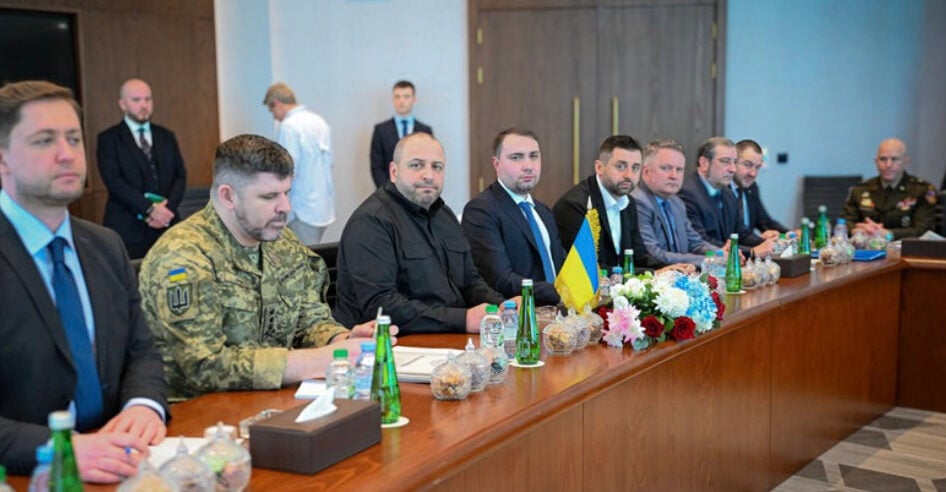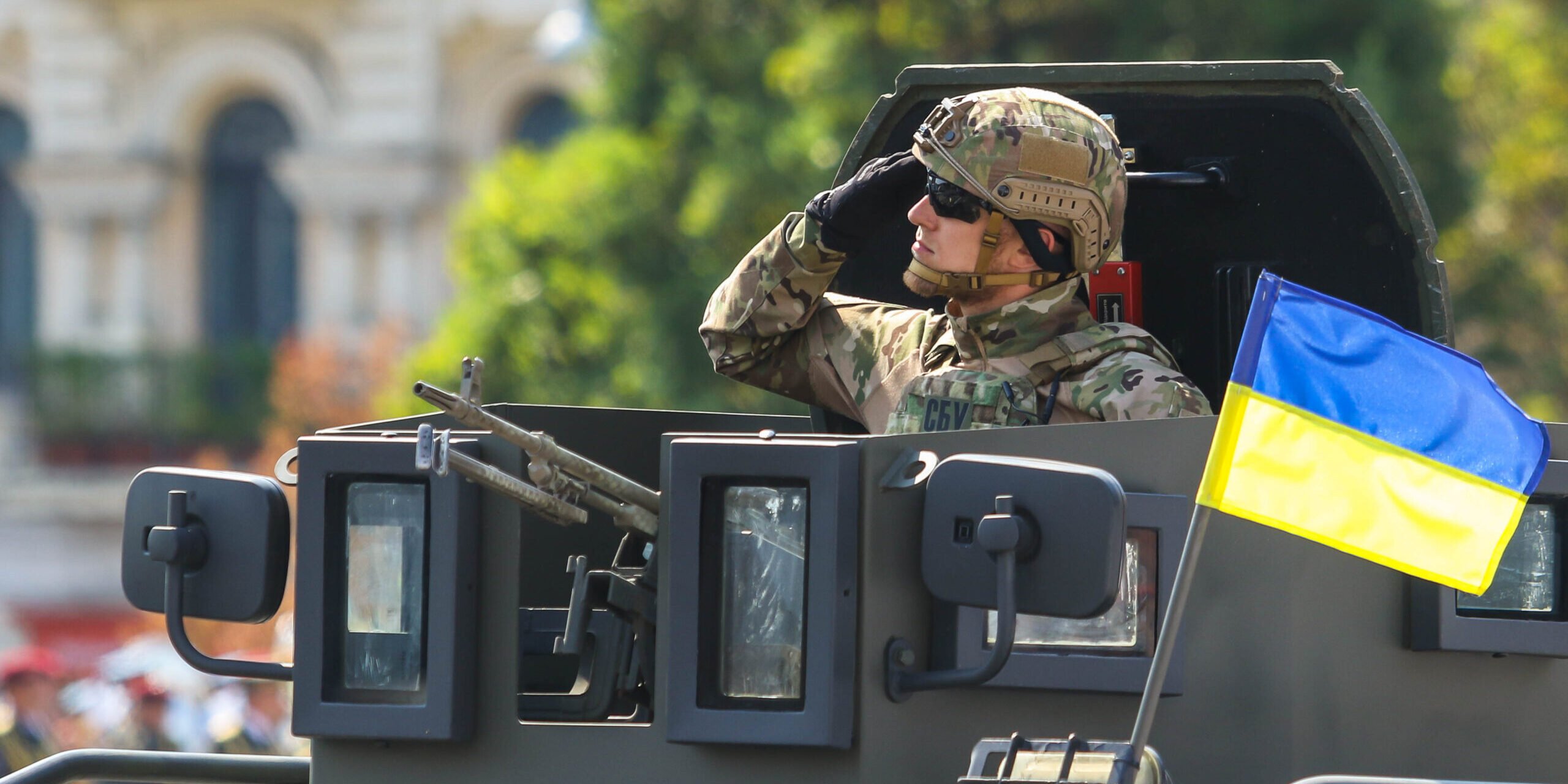

by Pavlo Kazarin, Ukrainian journalist, publicist, TV and radio host, recipient of the 2020 Georgiy Gongadze Prize.
Source: Kazarin on Facebook
The year 2025 offers no reason to talk about peace.
Moscow continues to demand Ukraine’s capitulation, and that won’t change as long as the Kremlin still has money for its war machine and weapons to fight it.
Yet, in the fourth year of Russia’s invasion, the Kremlin is far from achieving its main strategic objectives.
Ukrainian statehood remains intact. The front hasn’t collapsed. Soviet-era weapons stockpiles are depleting. Even fully conquering one Ukrainian region could still take years. And if, at some point, Russia decides to hit the pause button on the war, the main battle will shift to how its outcome is interpreted: as a victory or a defeat.
If the kinetic phase of the invasion ends, Ukraine will have every right to declare itself the victor — because in February 2022, Moscow didn’t set out to capture the Donetsk regional towns of Bakhmut or Sievierodonetsk.
Its ambitions went far beyond Mariupol and Melitopol. Russia launched this war to dismantle Ukrainian statehood. As long as that goal remains unfulfilled, the invasion has failed.
Russia can only claim victory if Ukraine ends up resembling Belarus — if we legally recognize Russian flags over occupied territories, if Kyiv is forced to disarm to a level set by Moscow.
Only then will the Kremlin be able to say that its so-called denazification has succeeded. Without those outcomes, Moscow may stop fighting on the battlefield but will launch a new offensive to shape the narrative.
And that battle over interpretation could prove decisive.
Victory is like a wide umbrella — there’s room for everyone under it. For those who left and those who stayed. For soldiers at the front and people working behind the lines. Victory has many parents, so everyone can feel they contributed. It’s inherently inclusive: it allows anyone to say, “We did it.” Victory becomes a triumph of national identity, and the end of the war marks a moment of true political agency for the people.
Defeat, on the other hand, is the exact opposite.
It signals a national catastrophe, a failed test, a breakdown of solidarity. Frustration engulfs the country, and the national conversation turns into a blame game. The front blames the rear. The rear blames the diaspora. Defeat fractures collective identity, and the nation splinters into isolated islands. Alienation and despair become the dominant tone.
That’s why it will be so important for Moscow to convince us of the futility of Ukraine’s impending defeat. That we failed. That we didn’t pass the test.
Russia will retroactively rewrite the goals of its “special military operation” so that whatever it managed to achieve looks like it was planned all along. Even if Ukraine retains control over its future after the war, the Kremlin will try to force on us a philosophy of defeat.
Of course, we can talk about restoring the 1991 borders — but that goal was always out of sync with the balance of power. From day one, Ukraine stood alone against the largest country on Earth — one that was backed logistically and economically by the world’s second-largest economy. That’s why today it’s easy to find historical parallels: the Spartans versus Xerxes, Finland versus the Soviet Union, the Warsaw Uprising versus the Wehrmacht. Given the initial imbalance in resources, armies, and firepower, if Ukraine manages to defend its sovereignty, it will have every right to call itself victorious.
The only real risk is that in the postwar battle over how the war is remembered, Russia might find allies inside Ukraine. Some will see the end of the war as a chance to settle political scores. Others will embrace the narrative of defeat as a way to secure their own political future. That’s when the Kremlin’s chorus might suddenly gain Ukrainian voices.
War has always tested solidarity — our willingness to sacrifice the personal for the common good. For four years, we’ve been taking that test. And by the standards of this war, we’ve done remarkably well. The world expected us to lose in the first month, but our resilience has earned us the right to be proud. And if we endure on the battlefield, we have no reason to surrender our victory to those who would try to steal it from us.
Cover: Shutterstock
